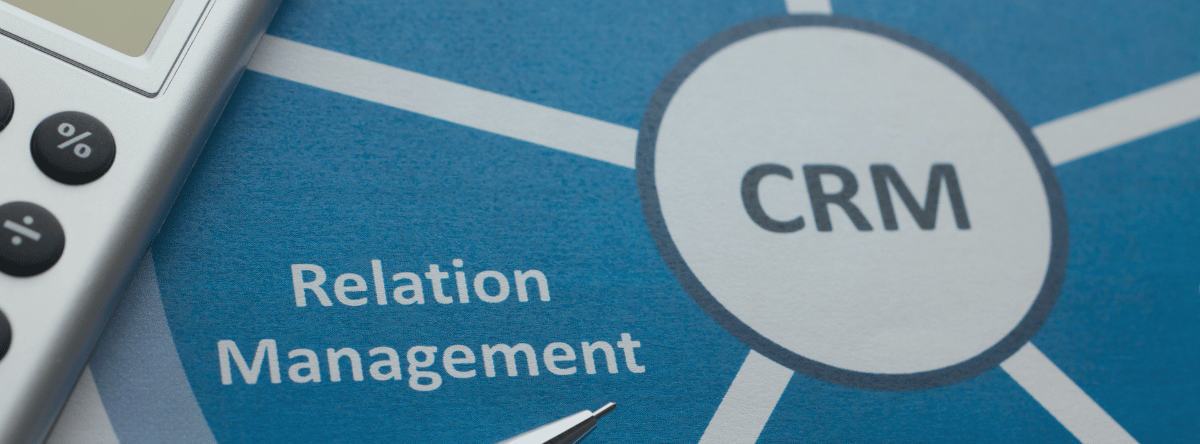When starting or running a business in the construction industry, choosing the right business structure is one of the most important decisions you’ll make.
The structure you choose will impact your legal responsibilities, how much tax you pay, and the level of personal liability you face. In this article, we’ll break down the different business structures available for Australian builders and tradies, along with their pros and cons.
Types of Business Structures
Each structure has different requirements and offers unique advantages and disadvantages. Here’s a closer look at each one. There are four main types of business structures in Australia:
Sole Trader
A sole trader is the simplest and most common business structure in Australia. You run the business on your own, and you’re personally responsible for all aspects of the business.
Pros:
- Simple and Inexpensive to Set Up: Becoming a sole trader involves minimal paperwork and setup costs.
- Full Control: As the sole owner, you make all the decisions and keep all the profits.
- Tax Advantages: Your business income is taxed as part of your personal income, which can simplify tax reporting.
Cons:
- Unlimited Liability: You’re personally liable for all business debts. This means that if your business runs into financial trouble, your personal assets (like your house or car) could be at risk.
- Limited Growth: As a sole trader, you may find it harder to raise capital or expand the business, as banks and investors often prefer more formal structures.
Partnership
A partnership involves two or more people running a business together. This structure is often used when two tradies or builders decide to team up and share the responsibilities and profits of the business.
Pros:
- Shared Responsibility: You can pool resources and share the workload with your partners.
- Simple Setup: Like a sole trader, setting up a partnership is relatively easy and inexpensive.
- Tax Flexibility: The income from the partnership is divided among the partners and taxed as personal income.
Cons:
- Unlimited Liability: Partners are jointly and individually liable for the business’s debts, which means one partner’s actions can affect everyone in the partnership.
- Potential for Disputes: Disagreements between partners can cause problems, especially if the roles and responsibilities aren’t clearly defined.
- Limited Growth: Like a sole trader, raising capital and expanding the business can be challenging.
Company
A company is a separate legal entity, meaning it’s independent of its owners (known as shareholders). This structure is more complex but offers more protection and opportunities for growth.
Pros:
- Limited Liability: As the company is a separate legal entity, your personal assets are protected. You’re only liable for the amount you invested in the company.
- Growth Potential: Companies can raise capital by issuing shares, making it easier to expand the business.
- Tax Advantages: Companies pay a flat tax rate, which may be lower than personal income tax rates, especially if your business earns a significant income.
Cons:
- Complex and Costly Setup: Setting up a company involves more paperwork, legal requirements, and higher costs.
- Ongoing Compliance: Companies must meet strict reporting and record-keeping requirements, including lodging annual returns with ASIC (Australian Securities and Investments Commission).
- Less Control: If you have shareholders, you’ll need to answer to them, and decision-making may become more complicated.
Trust
A trust is a structure where a trustee (which can be an individual or a company) holds assets for the benefit of others (the beneficiaries). Trusts are often used for asset protection or to manage family businesses.
Pros:
- Asset Protection: A trust can offer better protection for your personal assets compared to a sole trader or partnership structure.
- Tax Flexibility: Trusts can distribute income to beneficiaries in a tax-effective way, which can help reduce the overall tax paid.
- Estate Planning: Trusts are often used for long-term planning and can help ensure that your assets are passed on according to your wishes.
Cons:
- Complex Setup: Setting up a trust involves significant legal and accounting costs.
- Ongoing Compliance: Trusts must meet strict legal and tax reporting requirements, which can be time-consuming and expensive.
- Limited Control: The trustee must act in the best interests of the beneficiaries, which can sometimes limit your control over the business.
How to Choose the Right Structure for Your Construction Business
Choosing the right business structure depends on several factors, including the size of your business, your financial situation, and your long-term goals. Here are some tips to help you make the best choice:
Assess Your Risk
If your business involves high-risk activities (e.g., large construction projects), consider a structure that offers better asset protection, like a company or trust.
Consider Your Growth Plans
If you plan to grow your business and need to raise capital, a company structure might be the best option.
Think About Taxes
Speak with an accountant to understand the tax implications of each structure and how they affect your overall tax bill.
Consult a Professional
Choosing the right business structure is a big decision, so it’s wise to get professional advice. A lawyer or accountant with experience in the construction industry can guide you through the process and help you make the best choice.
Helpful Resources
- Australian Government Business Website: Provides detailed information on the different business structures and how to set them up. Visit their guide on Business structures.
- ASIC (Australian Securities and Investments Commission): Offers resources and support for companies, including how to register and comply with regulations. Visit ASIC’s website.
- Australian Taxation Office (ATO): Offers advice on the tax implications of different business structures. Visit the ATO’s website.
- Business Advisors: Consider consulting a business advisor, accountant, or lawyer who specialises in the construction industry. They can provide tailored advice based on your specific situation.
Choosing the right business structure
Choosing the right business structure for your construction business is a critical decision that can impact your legal responsibilities, tax obligations, and potential for growth. Take the time to understand the pros and cons of each structure, and seek professional advice to ensure you make the best choice for your long-term success.





